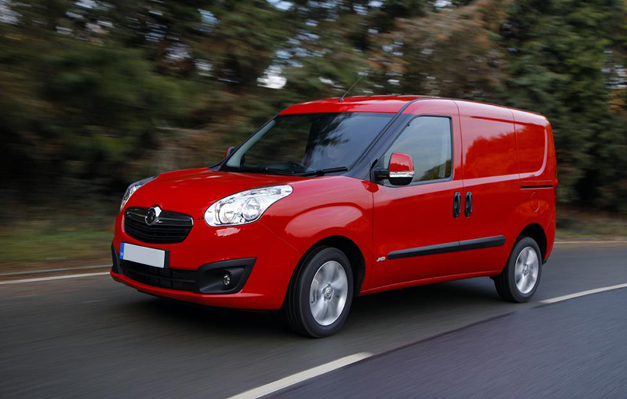

The Vauxhall Combo, also known as Opel Combo is a panel van and leisure activity vehicle made by a German auto manufacturer, Opel since 1993. The Vauxhall Combo came up in three generations encompassing of the First generation Combo (Combo A; 1986–1993), Second generation Combo B (1993–2001), Third generation Combo B (1993–2001) and the Fourth generation Combo D (2011–present).
The present Combo, which is efficiently based on the smart, Fiat Doblo Cargo, was revealed in 2012 and despite the fact that the Fiat has been modernised since then in Europe; Vauxhall has simply retained the original interior in the whole UK. The firm has declared that it will move to a new and advanced van from PSA when it is launched, probably in 2017 or 2018, swapping the Fiat-based model.
Until then, Vauxhall has complete access to the whole Doblo range, along with high-roof short and long wheelbase model, short and long wheelbase low-roof models and short and long wheelbase low-roof crew vans. The company doesn’t proffer the Doblo-based pick-up vehicle that can be had from Fiat.
The powerful 1.3-Litre diesel engine and 1.4-Litre petrol engine are both fixed mainly with a five-speed manual (non-automatic) gearbox, while the 1.6-Litre engine appears with a six-speed unit. The proficient five-speed automated manual Tecshift gearbox has also been excluded in the latest line-up. There is still an ecoFLEX low-emission version that utilizes the 1.3-Litre diesel engine along with Start/Stop. Options like Base Combo and Sportive trim are accessible with all models.
The muscular 1.3-Litre diesel engine is the ultimate economy choice and the engine that Vauxhall hopes to be the leading seller. No doubt, it has a fair bit of work to do in boosting a van the size of the Combo, chiefly the larger bodied models, but the acceleration is brisk and on the whole, performance is adequate. The strong 1.6-Litre proposes more performance and would be better matched to high-payload and quite long-distance operations where its extra gear aids to reduce consumption of fuel and make for an easier and comfortable drive.
The combo’s 1.3-Litre diesel engine may look like a small unit for a van this size and as performance won’t set the world on fire, it’s in fact, designed more for low consumption as compared to performance and it returns almost 56.5mpg while releasing 133g/km of CO2 on the combined cycle. The Eco FLEX variant brings this down more to 61.4mpg and 120g/km, which should create 50mpg a more than realistic target.
Because the 1.3-Litre diesel engine has to work sensibly hard, it’s no big surprise that the 1.6-Litre diesel engine is close when consumption of fuel is concerned. It decently returns 55.4mpg on the combined cycle (emitting 136g/km of CO2), although this rises to 62.8mpg and 120g/km along with Start/Stop. Feature in 20,000-mile/12-month service gaps has longer service intervals at 25,000 miles/24 months, whereas the Citroen Berlingo and Peugeot Partner suggest lower insurance in groups 1E to 3E.
So, Vauxhall combo is a great production with healthier fuel economy and impressive reliability.
